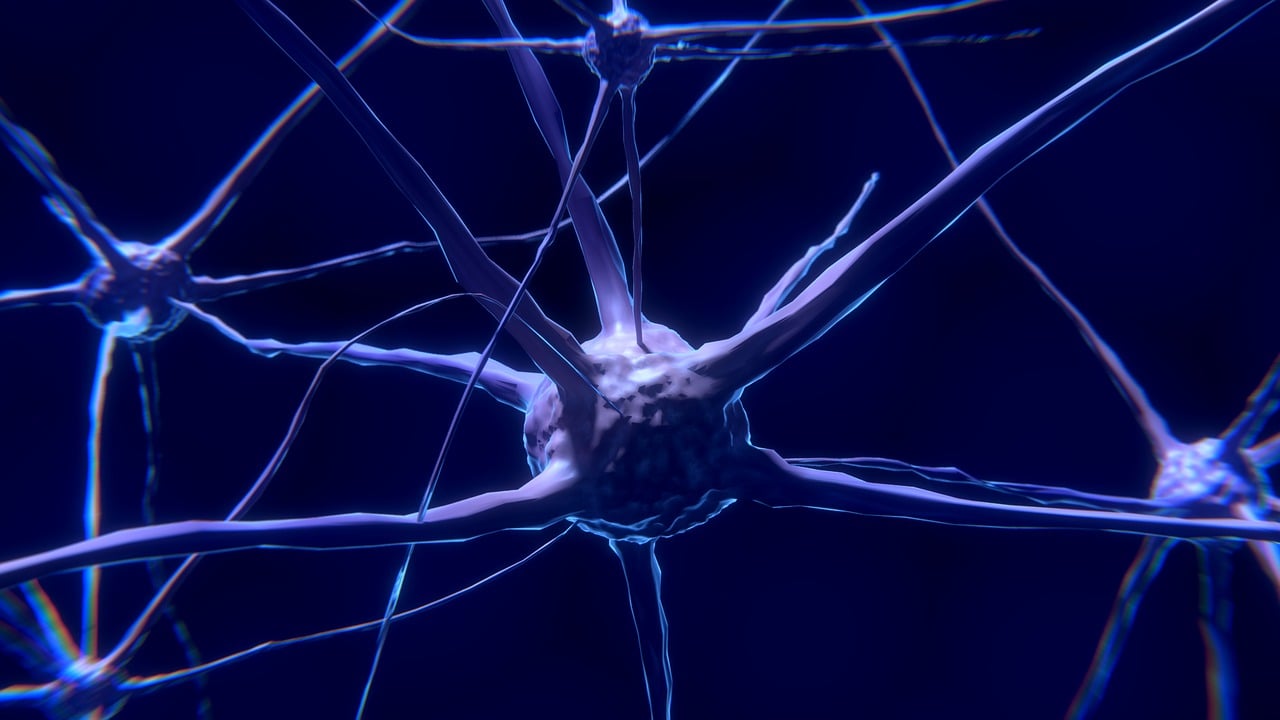The sensation of hunger drives us to seek food without our conscious awareness of the neural circuits activated in our brains during these moments. For the first time, a study in mice reveals how hunger hormones have a direct impact on hippocampal activity during these periods. The findings could contribute to the prevention and treatment of eating disorders.
Every living being must be able to control its eating behavior based on its needs. Consuming food when already satiated consumes time and energy that could be dedicated to more urgent functions. Overeating can also lead to diseases. Conversely, the inability to feel the need for food (or hunger) can result in undernutrition and a resulting lack of physical fitness. Fortunately, our brain has a regulatory system for these mechanisms, with the main actors being the hippocampus and ghrelin, a hunger hormone produced in the intestine.
The researchers focused on the brain activity in the lower part of the hippocampus (ventral). This area of the brain assists us in forming and using memories to guide our behavior in context. However, how internal contexts, such as hunger, influence the circuits in the hippocampus is not known.
A new study conducted by researchers from University College London sheds light on the mechanisms at play. “We discovered that a crucial part of the decision-making brain is surprisingly sensitive to levels of hunger hormones produced in our intestines, which we believe helps our brain contextualize our food choices,” report the authors of the research published in the journal Neuron. “In this study, we investigated the role of the ventral hippocampus during feeding behavior across different states of hunger in mice.“
The Study’s Findings
In the experiment, “hungry” and “satiated” mice were placed near food. All mice spent time examining the food, but only those that were hungry started eating. Additionally, the researchers studied the neural activity of the mice through brain imaging. They discovered that the activity of a subset of brain cells in the ventral hippocampus increased when the animals were searching for food, and this activity prevented the animals from eating. On the contrary, if the mouse was hungry, neuronal activity in this area decreased, promoting food intake. The researchers found that this corresponded to high levels of circulating ghrelin. “Together, these experiments define a ghrelin-sensitive hippocampal circuit that informs the decision to eat based on internal state,” they write. “The hippocampus inhibits the animal’s food instinct when it encounters food, ensuring that the animal does not overeat. But if the animal is indeed hungry, hormones will instruct the brain to release the brakes, allowing the animal to feed.”
Application for Eating Disorder Treatment
The findings could be clinically relevant, contributing to the understanding of the mechanisms of eating disorders. There might be dysregulation of the braking system in individuals affected by these disorders.
On another note, scientists continue their research by examining whether hunger can impact learning or memory, observing non-food-specific tasks that mice perform based on their hunger levels.
